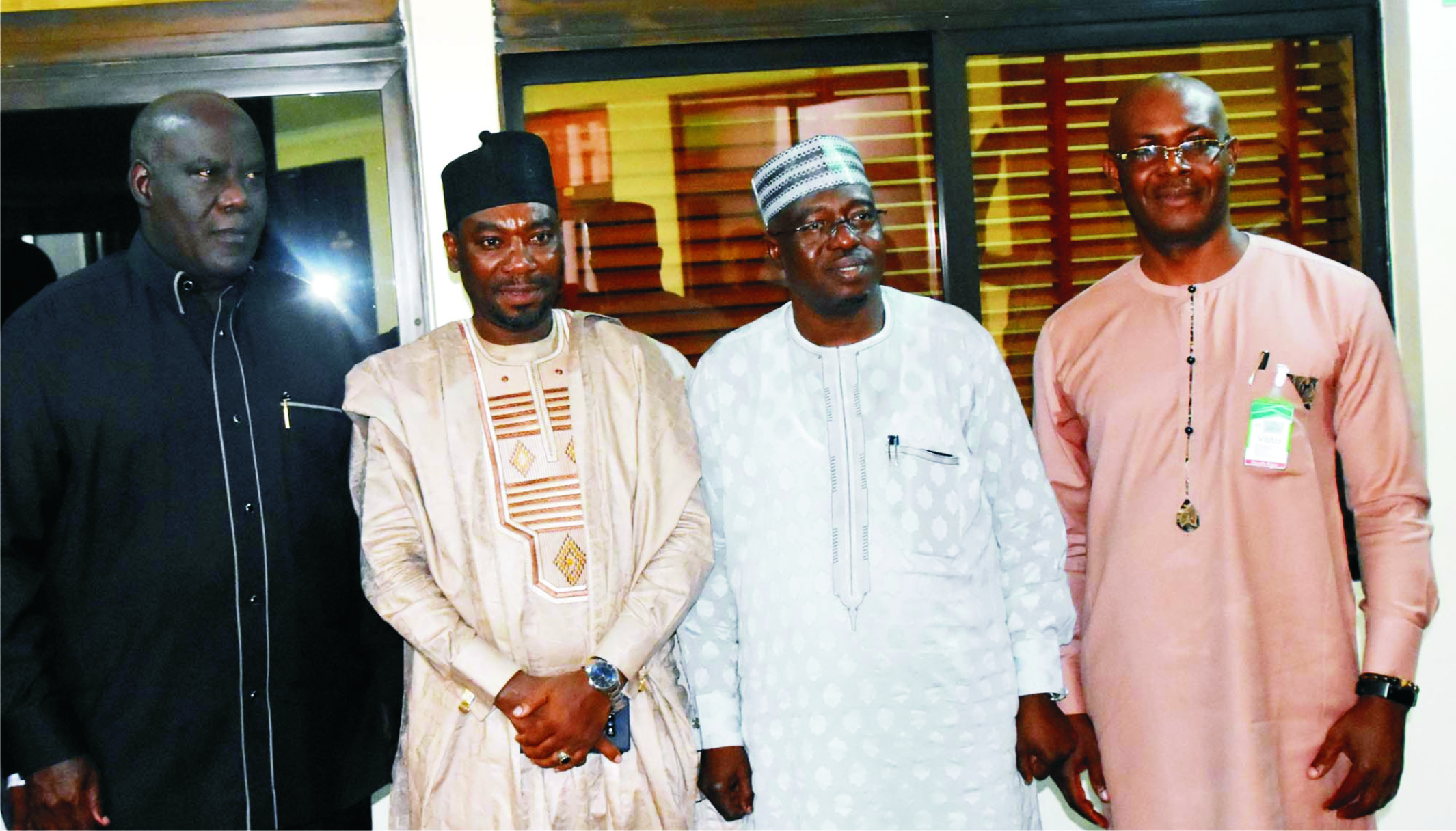Business
Minimum Wage: FG Gives Dec 31Deadline For Payment Of Arrears

The Federal Executive Council (FEC), presided over by Vice-President Yemi Osinbajo, has approved the payment of arrears of the new minimum wage as agreed upon by the Organised Labour and the Federal Government.
The Minister of Labour and Employment, Dr Chris Ngige, made this known when he briefed State House correspondents on the outcome of the Council meeting held at the Presidential Villa, Abuja, on Wednesday.
Ngige said that the Council also approved the payment of all outstanding financial implications of the consequential adjustments as worked out by the National Salaries, Income and Wages Commission, beginning from April 18.
“Council today approved for us that the financial implications be worked out by the National Salaries, Income and Wages Commission, as consequential adjustments should take effect from April 18, the date the new national minimum wage came into being.
“The Council also approved for us that the financial implications be worked out and the attendant payments completed on or before December 31.
“Council further directed that the Minister of Finance, Budget and National Planning, through the Office of the Accountant-General of the Federation, should effect all these payments as scheduled before December 31.
“Council further directed also that the National Salaries, Income and Wages Commission and the Ministry of Labour and Employment should send the consequential adjustment (wage) table to down to the States and Local Governments.
“This is to serve as an advisory document for their information and guidance, as they negotiate with their joint national public service councils in their respective states because the national minimum wage is a national law,’’ he said.
The Tide reports that the organised labour and the Federal Government had, on October 18, reached an agreement on the consequential adjustments of the implementation of the new minimum wage of N30,000, after three days of negotiation.
The Federal Government team to the agreement included the Minister of Labour and Employment, Dr Chris Ngige and his Minister of State, Dr Festus Keyamo.
Witnesses to the agreement from the government side were, Acting Head of the Civil Service of the Federation, Dr Folashade Yemi-Esan and, Director, IPPIS, Office of the Accountant-General of the Federation Mr Olusegun Olufehinti.
Transport
Automated Points Concession : FAAN Workers Gave 72hrs To Revise Decisions In PH

Transport
FAAN Announces Pick-Up Points for Go-Cashless Cards

Business
Fidelity Bank To Empower Women With Sustainable Entrepreneurship Skills, HAP2.0
-

 Politics3 days ago
Politics3 days agoSenate Urges Tinubu To Sack CAC Boss
-

 News3 days ago
News3 days agoAmend Constitution To Accommodate State Police, Tinubu Tells Senators
-

 News3 days ago
News3 days agoDisu Takes Over As New IGP …Declares Total War On Corruption, Impunity
-
Business4 days ago
Crisis Response: EU-project Delivers New Vet. Clinic To Katsina Govt.
-
Business4 days ago
President Tinubu Extends Raw Shea Nuts Export Ban To 2027
-
Business4 days ago
President Tinubu Approves Extension Ban On Raw Shea Nut Export
-
Business4 days ago
Fidelity Bank To Empower Women With Sustainable Entrepreneurship Skills, HAP2.0
-
Sports4 days ago
NDG: Rivers Coach Appeal To NDDC In Talent Discovery

